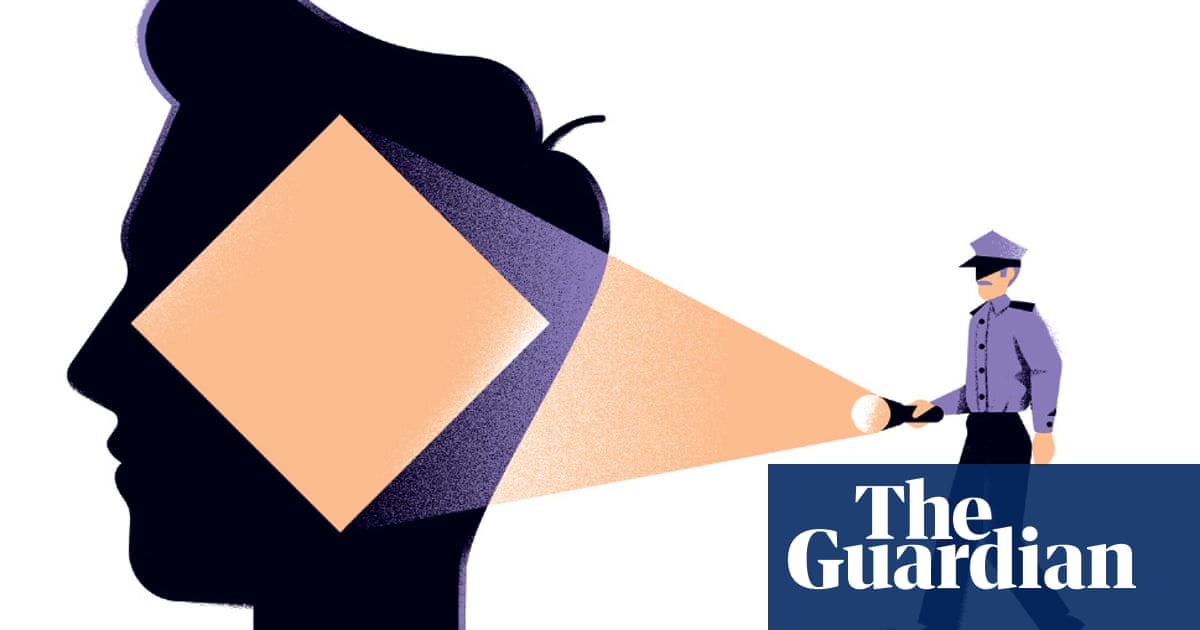
Every now and then, ambling through the day, you’re reminded with a jolt that the inner lives of others are an utterly foreign land, from which you’re permanently banned. This point usually gets made as a reason to be more empathic: perhaps your surly colleague is struggling with painful emotions; maybe your spouse experiences everyday anxiety more intensely than you could possibly imagine. But the foreignness is even more basic than that. A new study on a technical-sounding topic – “genetic variation across the human olfactory receptor repertoire” – is a reminder that we smell the world differently, too. Researchers found that a single genetic mutation accounts for many of those differences: the way beetroot smells (and tastes) like disgustingly dirty soil to some people, or how others can’t detect the smokiness of whisky, or smell lily of the valley in perfumes.
Even this kind of research can only go so far in penetrating the walls between us. There’s a sense in which the best researcher on the planet could never know my experience – as in really, truly know it – unless he happened to be me. Suppose, for example, that coffee tastes to you the way that carrot juice tastes to me, and vice versa. How would we ever find out? We might both still love coffee and hate carrot juice, without ever discovering we meant opposite things – that what I hate about carrot juice is precisely what you adore about coffee. Philosophers call this the problem of “inverted qualia”. Their long-running (and surprisingly irritable) quarrels about it need not detain us here. But the main point feels unnervingly hard to deny: if it were true that our personal worlds differed profoundly, no amount of talking, or any other activity in the external world, could ever clear things up.
The day after I encountered the smells study, I got a follow-up dose of existential crisis as I listened to an episode of the PsychCrunch podcast, which got me wondering if I might be “aphantasic”. That is, am I one of the minority of people unable to picture images in their mind’s eye? I always thought I was able to do this, but listening to others describe the experience, I’m slightly less sure. I wonder if I’ve merely been thinking about concepts this whole time instead. Mainly what I see when I close my eyes is darkness. What I’ve been calling “mental images” don’t feel particularly different from other kinds of thought. Do yours?
Detailed cross-questioning of several friends shed little light on the matter. But then again, how could it? Some described their mental images as extremely vivid, which mine certainly aren’t, if they even exist at all. But I’ve no idea if we’re using the same criterion of vividness in the first place. Once again, though researchers have made serious inroads into studying the condition, there’s ultimately a chasm that can’t be bridged.
I’m not sure what you’re supposed to do with any of these realisations, other than to remember never to assume you have the slightest clue what anyone else is experiencing. But in the meantime, I’ve decided to claim to be aphantasic anyway, because it makes me seem more interesting.
To myself, anyhow. I’ve no idea how it seems to you.
Read this
In The Scent of Desire, Rachel Herz explores our most neglected sense – including how people can be induced to smell exactly the same chemical compound as either parmesan or vomit.
Source: TheGuardian
